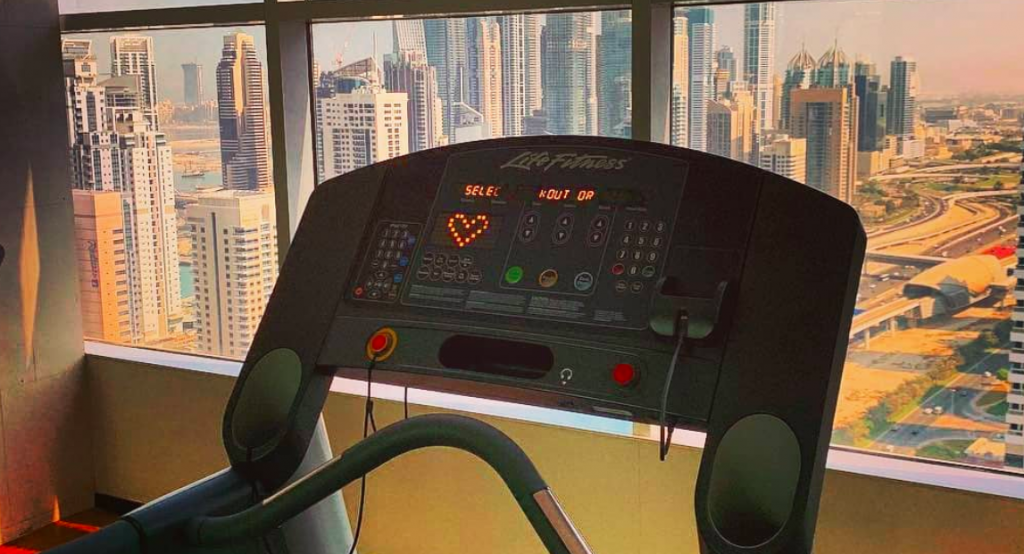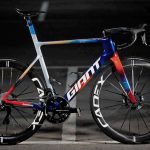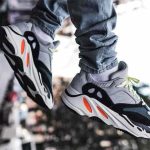Brunswick Corp. said its Fitness segment, which includes Life Fitness, saw continued sluggish results in the fourth quarter and is now expected to show a mid-single digit percent drop in sales in 2019. But Brunswick officials remain committed to spinning off or selling its fitness brands this year.
The segment also includes Hammer Strength, Cybex, Indoor Cycling Group and SCIFIT fitness equipment.
On a conference call with analysts, Brunswick CEO David Foulkes indicated that the Fitness segment was “mostly consistent with our expectations” in the quarter with underlying trends that impacted results earlier in the year continuing.
“Sales to Planet Fitness declined in the fourth quarter as projected and although gross margins remained steady sequentially, comparisons to the previous year continue to be challenged,” said Foulkes. The pressures include increased freight as well higher costs than expected tied to the launch of Life Fitness’ Integrity Series of cardio equipment.
Foulkes said Brunswick plans to separate the business “by the end of the first quarter” or as soon as practical “to maximize value to our shareholders.” He said the steps to spin off the business as a separate entity are “on track” with a form 10 registration statement filed with the Securities & Exchange Commission in November. At the same time, Foulkes said Brunswick is still working with its advisors to explore other options, including an outright sale.
Foulkes said a new management team at the Fitness division, led by Jason Worthy, is working on a turnaround plan. Last October, Worthy, formerly VP and general manager of fitness solutions for Life Fitness, was appointed president. Said Foulkes, “The new leadership team with oversight from the dedicated board committee is executing against a refocused strategy to position this business for strong and long term success.”
Brunswick initially announced plans to spin-off the Fitness business last March.
In the quarter, revenues in the Fitness segment fell 5.6 percent to $287.7 million. In constant currencies, sales were down 5 percent.
In key areas, sales of Commercial Cardio products fell 13 percent to $158.2 million, sales of Commercial Strength products rose 8 percent to $106.2 million and revenues of Consumer Fitness products slid 5 percent to $23.3 million.
By region, sales in the Fitness segment were down 11 percent in the U.S. while expanding 1 percent internationally. International represented 49 percent of total segment sales in the quarter.
The segment showed net operating losses of $2.7 million in the latest quarter, which included restructuring, exit, integration, and impairment charges of $15.2 million, substantially all of which relates to a further impairment of the Cybex trade name, $6.4 million of charges related to other non-recurring items, and $2.2 million of separation costs. That compares with operating earnings of $7.9 million in the fourth quarter of 2017, which included $16.7 million of restructuring, exit, integration, and impairment charges, and a $13.5 million charge related to other non-recurring items.
On an adjusted basis, earnings were $21.1 million, down 45 percent. On an adjusted basis, gross margins were 26.3 percent, down 370 basis points. On a reported basis, gross margins were 25.1 percent, down 210 basis points.
For the full year, sales in the Fitness segment were flat at $1.04 billion. Commercial Cardio Fitness Equipment were $579.4 million in the year, Commercial Strength Fitness Equipment, $379.4 million, and Consumer Fitness Equipment, $79.5 million.
By region, sales were down 4 percent in the U.S. and made up 51 percent of the mix in the year. International sales rose 6 percent. Sales in Europe rose 3 percent and made up 19 percent of sales. Revenues in Asia-Pacific were up 12 percent and made up 17 percent of sales. Sales in Canada were down 7 percent and made up 3 percent of sales. Sales to the Rest-of-World inched up 1 percent and accounted for 10 percent of sales.
Operating income was down 65.0 percent to $22.4 million, or 2.2 percent of sales, from $64.1 million, or 6.2 percent, a year ago. On an adjusted basis, operating earnings dropped 42.9 percent to $61.7 million, or 5.9 percent of sales, from $108.0 million, or 10.4 percent, a year ago.
For 2019, Brunswick expects Fitness sales to decline mid-single digit percent from 2018 levels, reflecting lower sales to value-oriented health clubs and stable market demand. Gross margins are expected to remain consistent with 2018 levels, but operating margin are expected to show declines due to planned investments in new products and modernizing information technology platforms, offset by certain cost reduction initiatives.
Brunswick said it expects the Fitness segment to absorb an $8 million to $10 million hit on pretax earnings assuming the full-impact of possible tariffs.
In the Q&A session, Bill Metzger, CFO, said the Fitness segment sharply missed expectations set at the start of the year with the impact of its loss in sales to Planet Fitness worse than expected. Costs around the Integrity launch were also higher than expected due to freight, installation, warranty and production inefficiencies. Said Metzger, “We’re in a complete different place than where we thought we’d be at the end of 18.”
But he said the business has an opportunity to “fairly substantially” improve margins from the “trough” expected in 2019. Investments in information technology and in simplifying processes are expected to improve the cost structure. Additional product investments by the new team are expected to stimulate demand.
Said Metzger, “The team that’s there has done a lot of work in a fairly short period of time to put together a plan that’s really focused on getting the margins of the business back.” He doesn’t expect the business to soon retain margins back in the 2014 and 2015 period before the Cybex acquisition in 2016 but it’s “still a business that should operate substantially higher than they are today from an operating margin perspective.”
Metzger also said Brunswick feels potential suitors will see the long-term value of the Fitness segment despite its recent struggles.
“We deem this to be something that should be an attractive asset for somebody to own,” said Metzger. “We have received inbound queries in the process and we would expect as we go through a more formal process to have a number of folks who are interested in the assets. So we don’t consider this to be something that’s not going to have an appropriate level of interest from financial buyers or potential others”
Image courtesy Life Fitness
















